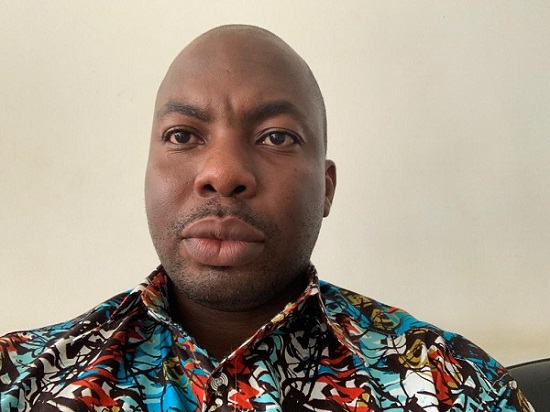Source: Myjoyonline.com
The Chamber of Independent Power Generators, Ghana (IPGG) has once again descended heavily on the Volta River Authority (VRA), calling for an immediate halt to the supply of 200 megawatts of power to neigbouring countries.
It accused the VRA of selling electricity to the neighbouring countries at half the price that Ghanaian consumers (individuals and businesses) pay.
“We are currently in crisis, Ghanaians are sleeping in darkness, companies cannot operate with a guaranteed power supply, there is a shortage in supply, etc. making the available cheap hydro generation to Ghanaians. The taxpayer, is supreme and must be of prime consideration, irrespective of your survival concerns”, it noted in a statement signed by its Chief Executive Officer, Elikplim Kwabla Apetorgbor.
“Why should jurisdictions that contribute nothing to Ghana’s economy be prospering on a cheap resource? Ghanaians are paying very high tariffs, averaging 14 cents/kWh particularly at peak time, while those neighbouring countries enjoy about half of the tariff. This is not fair to the Ghanaian”, it explained.
Furthermore, it said “Energy Commission will be seen as biased to other participants in the sector, if this export is not stopped immediately for the benefit of the Ghanaian taxpayers. We are aware of situations in the recent past where load shedding is high and at the same time over 200 MW [megawatts] of generation capacity is being exported”.
It stressed that the “VRA traditionally performed the role of exports and particularly important at a time where Ghana had excess power. However, in recent times where the market is unbundled with the various forms of reforms and regulations, it expected that one’s allegiance will first be with his home country. Why do we see the contrary, especially in his challenging times”?
These reforms, it stated, have introduced a more structured regulatory framework with the establishment of the Energy Commission and the Public Utilities Regulatory Commission (PURC) as technical and economic regulators, adding, this evolution underscores the adherence to a regulatory paradigm that mandates specific licensing and permits for operational activities within the electricity sector, as delineated in the Energy Commission’s License and Permit Application Manual for Service Providers in the Electricity Sector of Ghana.
The Volta River Authority (VRA) has on several occasions, raised concerns regarding the prioritisation of payments to IPPs by the Electricity Company of Ghana (ECG), suggesting a complex interplay of financial obligations and sectoral priorities.
This concern, the Chamber of IPGG said, is one of the reasons the cash waterfall mechanism was introduced and being reformed, where regulatory frameworks, operational roles, and financial considerations are continuously balanced to ensure the sector’s sustainability and reliability.
“It is equally important for any interested party to police the collections and ensure fairness in disbursement”, it concluded.








